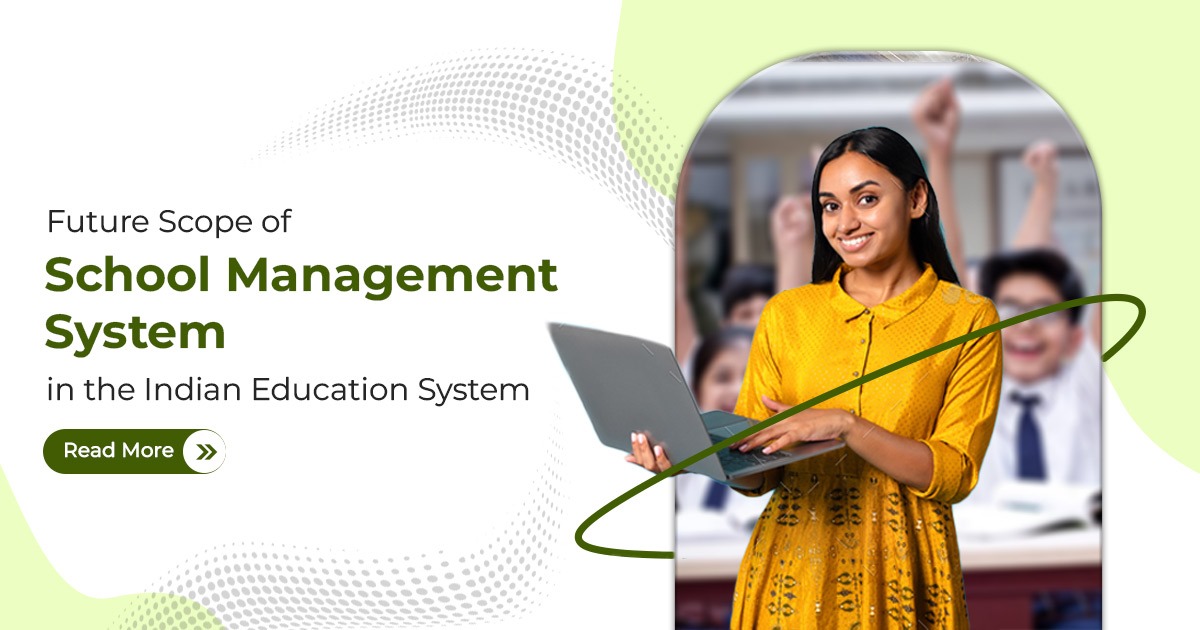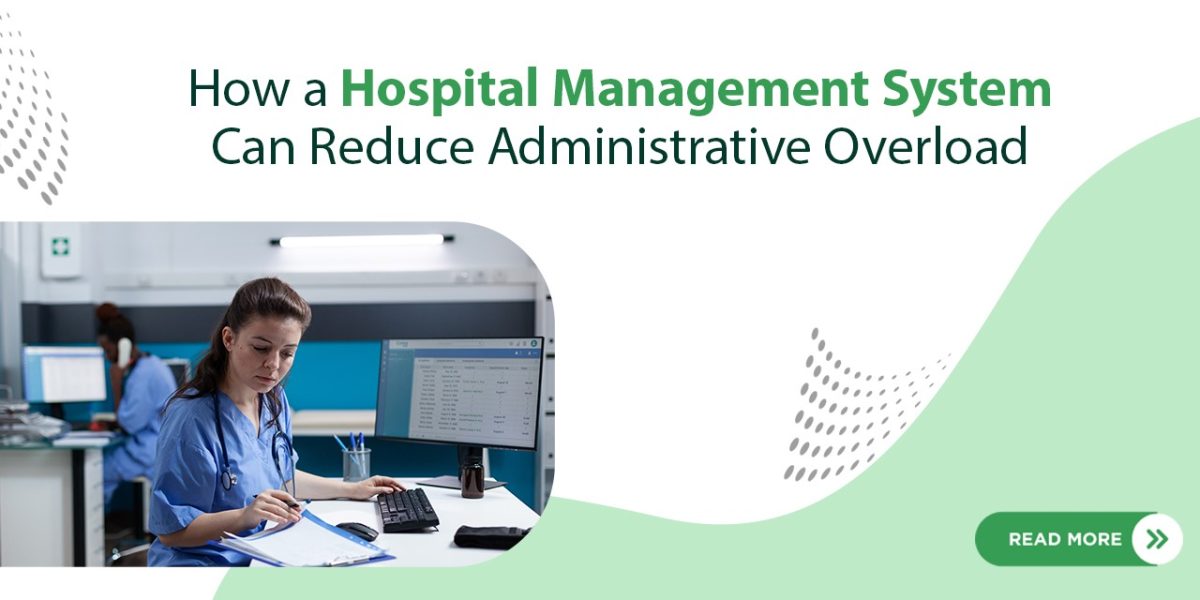The importance of technology in India’s broad and varied educational landscape is always changing, redefining how educational institutions function. School Management System (SMS) is one such innovative tool. It provides a comprehensive solution to optimize administrative duties, improve communication and boost efficiency.
The use of school management systems in the Indian educational system is expected to grow and change significantly in the next years. Let’s examine the factors that lead to this optimistic view:
Streamlining Administrative Tasks: Conventional administrative duties, such as managing exams, checking attendance, managing fees, and admitting students, sometimes take a lot of time and resources. By automating these procedures, school management systems free up administrators’ time so they can devote it more wisely to projects including student involvement and strategic planning.
Enhanced Communication: Every educational institution needs effective communication with its stakeholders, including parents, instructors, administrators, and students. SMS provides a centralised hub for communication, enabling notifications of events, circulars, updates, and progress reports. Better communication features are becoming essential as remote learning and parent involvement gain traction.
Data-Driven Decision-Making: The abundance of information produced by school management systems offers insightful information about many facets of student performance and school operations. With such data, administrators and teachers are better equipped to decide about curriculum creation, resource allocation, and learning interventions. Predictive analytics can also assist in identifying kids who are at risk and putting timely interventions in place to promote their academic achievement.
Personalization and Expandability: The needs of educational establishments differ greatly depending on the size, curriculum, and methods of instruction. The adaptability and scalability of the SMS platform are one of its main advantages since it enables modification to meet the particular needs of every district or school. Modern SMS solutions can be tailored to various educational needs by incorporating multilingual interfaces that integrate with already-existing software.
Integration of Emerging Technologies: Technology improvements are inextricably related to the future of education. To improve functionality and user experience, school management systems are rapidly integrating cutting-edge technologies like artificial intelligence (AI), machine learning (ML), and the Internet of Things (IoT). IoT-enabled gadgets can maximize resource utilization within school grounds, ML algorithms can personalize learning pathways, and AI-driven chatbots can offer users immediate support.
Accessibility and Inclusivity: As the importance of inclusive education increases, school management systems are essential for guaranteeing accessibility for students with different requirements. Helpful technology, language translation capabilities, and user-friendly interfaces are some features that help create an inclusive learning environment where all students can succeed. Additionally, cloud-based SMS systems provide remote access, closing the digital gap and connecting with students in isolated or underprivileged locations.
Compliance with Regulatory Needs: Many legal mandates and compliance criteria apply to the Indian educational system. School management systems assist organizations in producing legally required reports, keeping accurate records, and guaranteeing compliance with regulations set forth by state education boards, the National Council of Educational Research and Training (NCERT), and the Central Board of Secondary Education (CBSE).
Parental Engagement and Feedback Mechanisms: For students to succeed in school, parents must be involved in their child’s education. School management systems make it easier to assess achievement, provide comments, and communicate with parents and teachers. SMS platforms help to improve educational outcomes. They encourage a cooperative interaction between the home and the school.
Conclusion
Creativity, effectiveness, and inclusion define the future potential of school management systems in the Indian educational system. School Management Systems such as one from Global Infocloud Pvt Ltd have the potential to significantly impact the direction of education in India by utilizing technology to improve communication, expedite administrative chores, and facilitate data-driven decision-making. GIC’s SMS will continue to promote quality, equity, and accessibility in education as academic institutions continue to embrace digital transformation.




